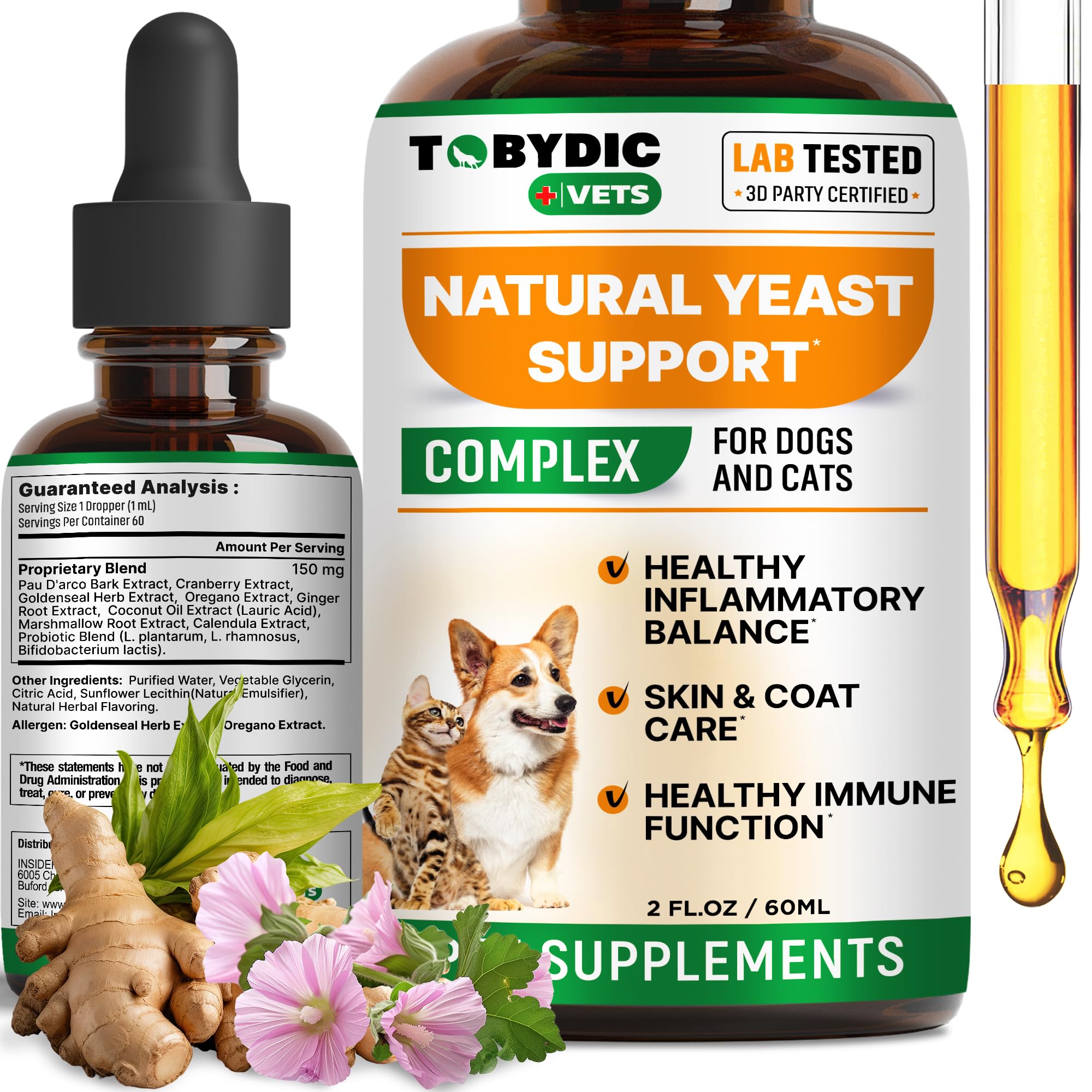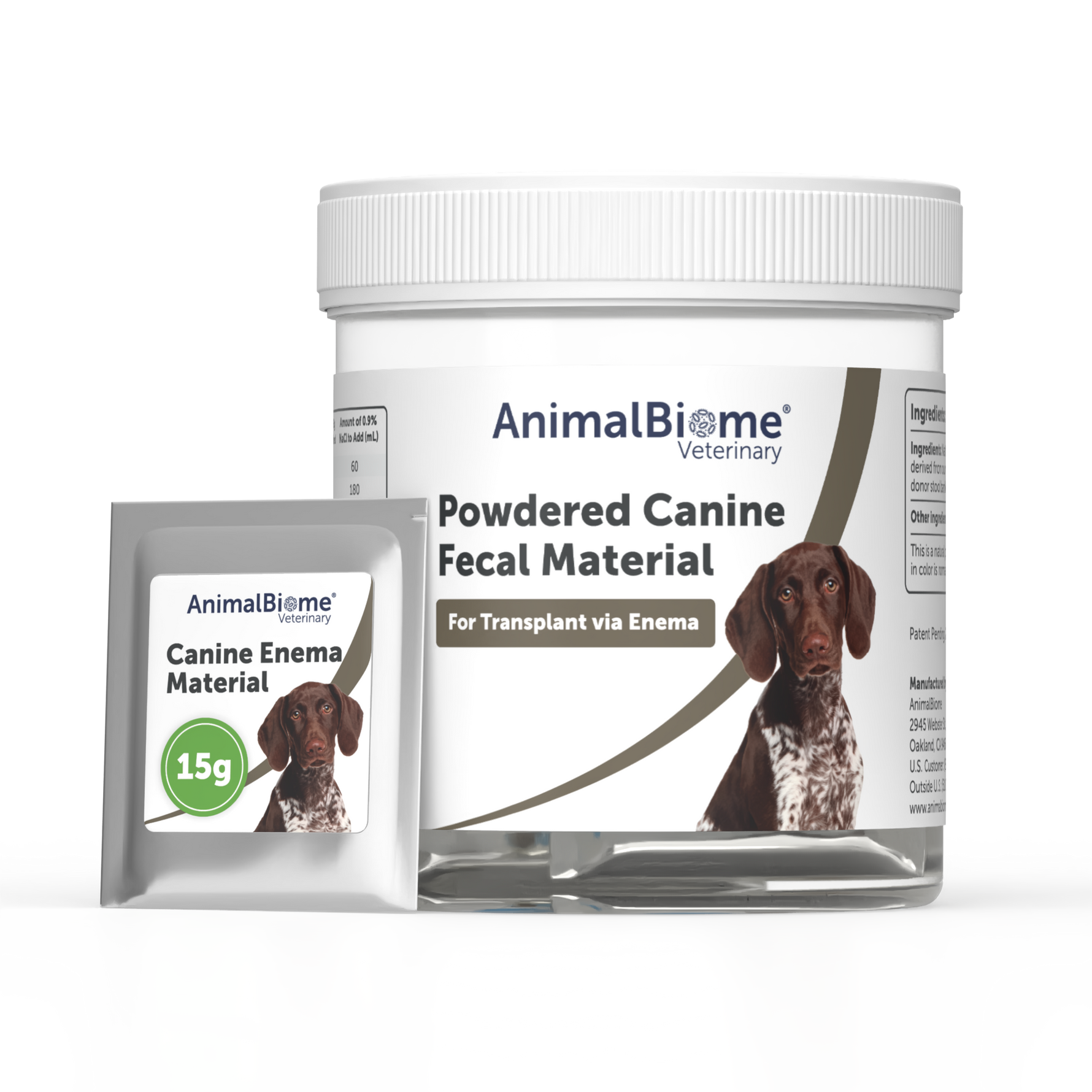You want to treat your dog with tasty snacks, but you also want to keep them safe and healthy. Choosing the right snacks can be tricky because some foods that seem harmless might actually harm your furry friend.
What if you could easily find snacks that your dog will love and that are good for them too? You’ll discover simple, safe snack options that keep your dog happy and healthy. Keep reading to learn how to make snack time a safe and enjoyable experience for your best friend.

Credit: no.pinterest.com
Natural Fruits And Vegetables
Natural fruits and vegetables make excellent snacks for dogs. They are easy to prepare and provide essential nutrients. These snacks can help keep your dog healthy and happy. Many dogs enjoy the crunchy texture and sweet flavors of fresh produce.
Benefits Of Fresh Produce
Fruits and vegetables contain vitamins and minerals dogs need. They support the immune system and improve digestion. These snacks are low in calories and fat. This makes them ideal for dogs who need to lose weight or maintain a healthy weight. Natural produce also provides fiber, which helps with regular bowel movements.
Fresh produce can hydrate dogs too. Many fruits and vegetables have high water content. This helps keep your dog refreshed, especially in hot weather.
Recommended Fruits
- Apples (remove seeds and core)
- Blueberries
- Bananas (in moderation)
- Watermelon (seedless)
- Pears (remove seeds and core)
- Strawberries
These fruits are safe and tasty treats. They offer antioxidants and vitamins. Always introduce new fruits slowly to watch for allergies.
Safe Vegetables For Dogs
- Carrots
- Cucumber
- Green beans
- Sweet potatoes (cooked)
- Peas
- Spinach (in small amounts)
Vegetables provide fiber and important nutrients. They can be served raw or cooked. Avoid adding salt or seasoning to keep snacks healthy. Chop vegetables into small pieces to prevent choking.
Protein-rich Snacks
Protein-rich snacks offer great benefits for your dog’s health and energy. They help build strong muscles and keep your furry friend feeling full longer. Including these snacks in your dog’s diet can boost their overall well-being without adding unnecessary fillers.
Lean Meats
Lean meats like chicken, turkey, and beef are excellent protein sources for dogs. Make sure the meat is cooked thoroughly and free from seasoning, bones, or skin to avoid any health risks.
I once gave my dog a small portion of boiled chicken as a treat, and he loved it. It’s easy to prepare and keeps his protein intake high without extra fat.
Eggs As Treats
Eggs are a fantastic, affordable protein snack for dogs. You can serve them boiled or scrambled, but avoid adding salt or spices.
Eggs provide essential amino acids and vitamins, making them a nutritious option. Have you tried giving your dog a little scrambled egg? Many dogs find it irresistible!
Fish Options
Fish like salmon and sardines offer protein along with omega-3 fatty acids, which support your dog’s skin and coat health. Always cook fish thoroughly to remove harmful bacteria and avoid bones.
Adding fish to your dog’s snacks can be a tasty change from regular meat. Have you noticed how much some dogs enjoy the smell and taste of fish?
Grain-based Treats
Grain-based treats can be a great addition to your dog’s snack routine, offering variety and nutrition. Many dogs enjoy the texture and taste of grains, and they provide valuable nutrients like fiber and energy. However, not all grains are created equal, so it’s important to choose safe options that suit your dog’s diet and health needs.
Whole Grains
Whole grains like barley, quinoa, and brown rice are packed with fiber and essential nutrients. They help support digestion and keep your dog’s energy steady throughout the day. If your dog doesn’t have any grain allergies, adding small amounts of cooked whole grains to treats can be a smart choice.
Have you noticed your dog’s reaction to different grains? Some dogs might prefer one grain over another, so it’s worth trying a few to see what they enjoy most.
Oatmeal For Dogs
Oatmeal is a fantastic grain-based treat option. It’s gentle on the stomach and full of soluble fiber, which can help regulate digestion. Many dog owners find oatmeal works well during sensitive stomach episodes or seasonal allergies.
You can prepare plain cooked oatmeal and mix it with a bit of peanut butter or pumpkin for an extra tasty treat. Just remember to avoid flavored or sweetened varieties, as added sugars and artificial ingredients can harm your dog.
Rice-based Snacks
Rice is one of the safest grains for dogs, especially white and brown rice. It’s easy to digest and often recommended by vets when dogs have upset stomachs. Rice-based treats can be homemade or store-bought, but always check the ingredient list for additives.
Have you tried making rice treats at home? Cooking rice with a little broth and mixing it with shredded chicken creates a delicious, wholesome snack that most dogs love. It’s simple, affordable, and you control exactly what goes in.

Credit: www.facebook.com
Dairy And Cheese Options
Dairy and cheese snacks can be a tasty treat for your dog, but not all options are safe or suitable. Some dogs tolerate dairy well, while others may experience digestive issues. Knowing which dairy products and cheeses are safe helps you offer your furry friend a delicious and healthy snack without worry.
Safe Dairy Products
Plain yogurt and cottage cheese are among the safest dairy snacks for dogs. These options are low in lactose and often easier to digest. You can give a small spoonful of plain yogurt to soothe your dog’s stomach or add a bit of cottage cheese as a topping on their regular food.
Milk, however, is tricky. Many dogs are lactose intolerant, so even a small amount might cause upset stomach or diarrhea. Always watch your dog closely after offering any dairy product for the first time.
Cheese Varieties
Cheese can be a great reward, but some types are better than others. Mild cheeses like mozzarella, Swiss, and cheddar are generally safe choices. Avoid blue cheese and any cheese with added herbs or garlic since those can be toxic to dogs.
- Mozzarella:Soft texture, low in fat
- Cheddar:Flavorful but offer in small amounts
- Swiss:Less salty and less processed
Have you noticed how your dog reacts to different cheeses? Their preference and tolerance can guide your choices.
Moderation Tips
Dairy snacks should only be occasional treats, not daily staples. Too much dairy can lead to weight gain and digestive upset. Start with tiny amounts and see how your dog handles it.
Keep in mind the calorie count too. Cheese can be high in fat, so balance it with your dog’s overall diet. If your dog is overweight or has pancreatitis, it’s best to avoid cheese altogether.
Would you try swapping commercial treats for a bit of cheese next time? Just remember, a little goes a long way.
Specialty Dog Treats
Specialty dog treats offer a fun and healthy way to reward your furry friend. These treats go beyond basic snacks and often include ingredients that support your dog’s health and happiness. Choosing the right specialty treat can help maintain your dog’s diet without adding harmful additives.
Specialty treats come in many forms. Some are homemade with fresh ingredients, while others are crafted by trusted brands with health in mind. Organic and natural options provide extra safety and quality assurance for your pet.
Homemade Treat Recipes
Making treats at home lets you control every ingredient. Simple recipes use dog-safe foods like pumpkin, peanut butter, and oats. Baking or freezing treats can keep them fresh longer.
- Mix mashed pumpkin with oats and bake small biscuits.
- Freeze plain yogurt with bits of fruit for a cold snack.
- Use natural peanut butter to fill hollow chew toys.
Homemade treats avoid preservatives and artificial flavors. They suit dogs with allergies or special diets.
Store-bought Healthy Options
Many brands offer treats designed for dog health. Look for options with simple, recognizable ingredients. Avoid treats with fillers, artificial colors, or excess salt and sugar.
- Freeze-dried meat pieces for high protein.
- Dental chews that help clean teeth.
- Grain-free biscuits with natural flavors.
Store-bought treats save time and offer variety. Always check the label for safety and quality.
Choosing Organic Treats
Organic treats use ingredients grown without pesticides or chemicals. They reduce exposure to harmful toxins. Organic options often contain no artificial preservatives or additives.
- Look for USDA Organic or similar certification.
- Choose treats with minimal, natural ingredients.
- Organic treats may benefit dogs with sensitive stomachs.
Organic treats support overall wellness. They provide peace of mind about what your dog consumes.
Avoiding Harmful Ingredients
Choosing safe snacks for dogs means knowing which ingredients to avoid. Harmful ingredients can cause allergies, sickness, or even be life-threatening. Paying attention to what goes into your dog’s treats helps keep them healthy and happy. Here are key points to watch for when picking snacks.
Common Allergens
Some dogs have food allergies that cause itching, swelling, or digestive problems. Common allergens include:
- Wheat
- Soy
- Dairy products
- Beef
- Chicken
Always introduce new snacks slowly and watch for any reactions. Avoid snacks with ingredients that trigger your dog’s allergies.
Toxic Foods For Dogs
Certain foods are toxic and must never be given to dogs. These include:
- Chocolate
- Grapes and raisins
- Onions and garlic
- Avocado
- Xylitol (a sugar substitute)
Even small amounts of these foods can cause severe health issues. Keep all toxic foods away from your dog’s snacks.
Reading Ingredient Labels
Always check ingredient labels before giving snacks to dogs. Look for simple, natural ingredients without additives or preservatives. Avoid snacks with artificial colors, flavors, or sweeteners. Choose treats with clear, easy-to-understand ingredient lists.
Labels can reveal hidden harmful ingredients. Knowing how to read them keeps your dog safe and healthy.
Tips For Feeding Snacks
Feeding snacks to dogs can be a fun way to bond and reward good behavior. Snacks should be given carefully to keep dogs healthy and happy. Proper snack habits help avoid weight gain and digestive problems. Here are some key tips for feeding snacks safely and wisely.
Portion Control
Keep snack sizes small to avoid overfeeding. Dogs have different needs based on size and age. A tiny piece of carrot or apple is usually enough. Too many snacks can lead to weight gain and upset stomachs. Use measuring tools or count pieces to keep portions right.
Frequency Of Treats
Limit the number of snacks per day. Treats should not replace regular meals. Giving snacks too often can spoil a dog’s appetite. Space treats throughout the day to keep your dog interested. A good rule is no more than 10% of daily calories from snacks.
Training With Treats
Use snacks as rewards during training sessions. Choose healthy, low-calorie treats for frequent rewards. Small treats keep dogs focused and motivated without adding too many calories. Reward good behavior right away to make training clear. Training snacks help build trust and improve learning.

Credit: www.facebook.com
Frequently Asked Questions
What Are The Safest Fruits For Dogs To Eat?
Safe fruits for dogs include apples, blueberries, and bananas. These fruits are low in calories and rich in vitamins. Always remove seeds and pits to avoid choking hazards. Moderation is key to prevent stomach upset. Avoid grapes and raisins as they are toxic to dogs.
Can Dogs Eat Vegetables As Healthy Snacks?
Yes, dogs can eat vegetables like carrots, green beans, and cucumbers. These veggies are low in calories and high in fiber. They support digestion and help maintain a healthy weight. Avoid seasoning or adding salt. Introduce new veggies slowly to monitor tolerance.
Are Commercial Dog Treats Safe For Regular Feeding?
Commercial dog treats can be safe if they are high-quality and natural. Check ingredients for fillers, artificial colors, or preservatives. Use treats sparingly to avoid weight gain. Always choose treats appropriate for your dog’s size and dietary needs. Consult your vet for recommendations.
How Can I Avoid Harmful Snacks For My Dog?
Avoid chocolate, onions, garlic, grapes, and raisins, as they are toxic to dogs. Stay away from sugary, salty, or processed human snacks. Read ingredient labels carefully. Keep harmful foods out of reach. Always consult a vet if unsure about a snack’s safety.
Conclusion
Safe snacks keep dogs happy and healthy. Choose treats that are natural and simple. Avoid foods that can harm your pet. Fresh fruits and vegetables make great options. Always watch your dog while eating snacks. Keep portions small to prevent stomach upset.
Talk to your vet about the best treats. Healthy snacks build a strong bond with your dog. Treat your pet with love and care every day.







